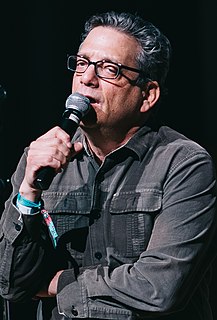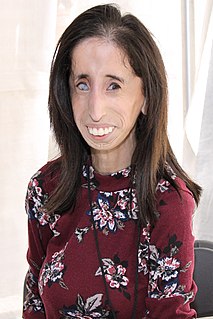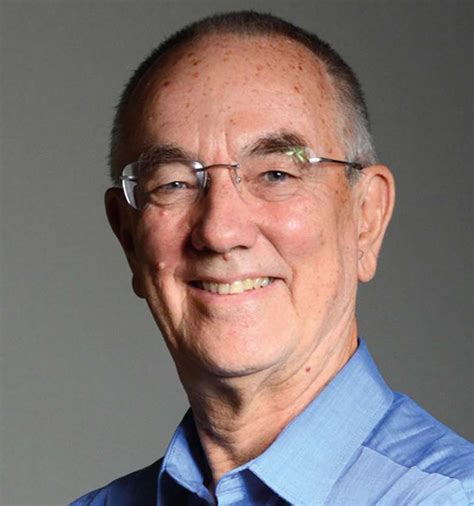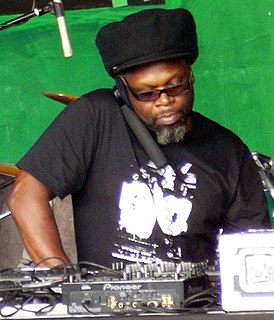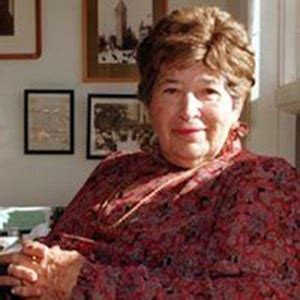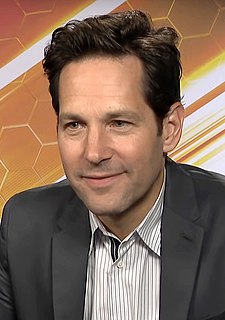A Quote by Pema Chodron
In the most ordinary terms, egolessness is a flexible identity. It manifests as inquisitiveness , as adaptability, as humor, as playfulness. It is our capacity to relax with not knowing, not figuring everything out, with not being at all sure who we are, or who anyone else is, either.
Related Quotes
You don't have to live up to anyone else's standards, you don't have to look like anyone else, you don't have to compare yourself to anyone else. You being you is enough, and you putting your positivity and good vibes out into the world, once you get to that point absolutely everything will fall into place.
We, black British, were searching - as the first generation that was born and raised here - for our own identity. We already knew what the Caribbean thing was about. We grew up with the racial tension and unrest. They were either touching your head for good luck or kicking you down the stairs for being too dark. But that was part and parcel of how we grew up in London. But in terms of our identity, it was more about us claiming it y'know?
The playfulness that I talk about comes very slowly. You cannot just jump out of your seriousness which you have accumulated for lives. Now it has a force of its own. It is not a simple matter to relax; it is one of the most complex phenomena possible, because all that we are taught is tension, anxiety, anguish. Seriousness is the very core the society is built around. Playfulness is for small children, not for grown-up people. And I am teaching you to be children again, to be playful again. It is a quantum leap, a jump...but it takes time to understand.
We carve on our body what society teaches us and continue this task, not knowing the identity they force us to have. This identity is carved on our faces and our skins. Not knowing our bodies have become "the paper made of human meat," we stuff our bodies and make them a theater where cultural symbols or suppressed symbols play.
The thing that hasn't changed, and I don't think will ever change, is that the operative word in music is "play." You have to have a playfulness about it. As the world shifts, it's starting to understand more and more that to have a playfulness about any and everything is actually the way of having a better life, or being more creative, or being more productive.
The identity of just one thing, the "clash of civilization" view that you're a Muslim or a Hindu or a Buddhist or a Christian, I think that's such a limited way of seeing humanity, and schools have the opportunity to bring out the fact that we have hundreds of identities. We have our national identity. We have our cultural identity, linguistic identity, religious identity. Yes, cultural identity, professional identity, all kinds of ways.
Becoming more flexible, open-minded, having a capacity to deal with change is a good thing. But it is far from the whole story. Grandparents, in the absence of the social institutions that once demanded civilized behavior, have their work cut out for them. Our grandchildren are hungry for our love and approval, but also for standards being set.
. . . Cultivating good humor may be helpful in finding our own identity. Young people who are trying to find out who they really are often have concerns as to their ability to meet and cope with the challenges that confront them and that lie ahead. They will find that it is easier to ride over the bumps and come quickly to their own identity if they cultivate the good humor that comes naturally. It is important that we all learn to laugh at ourselves.

